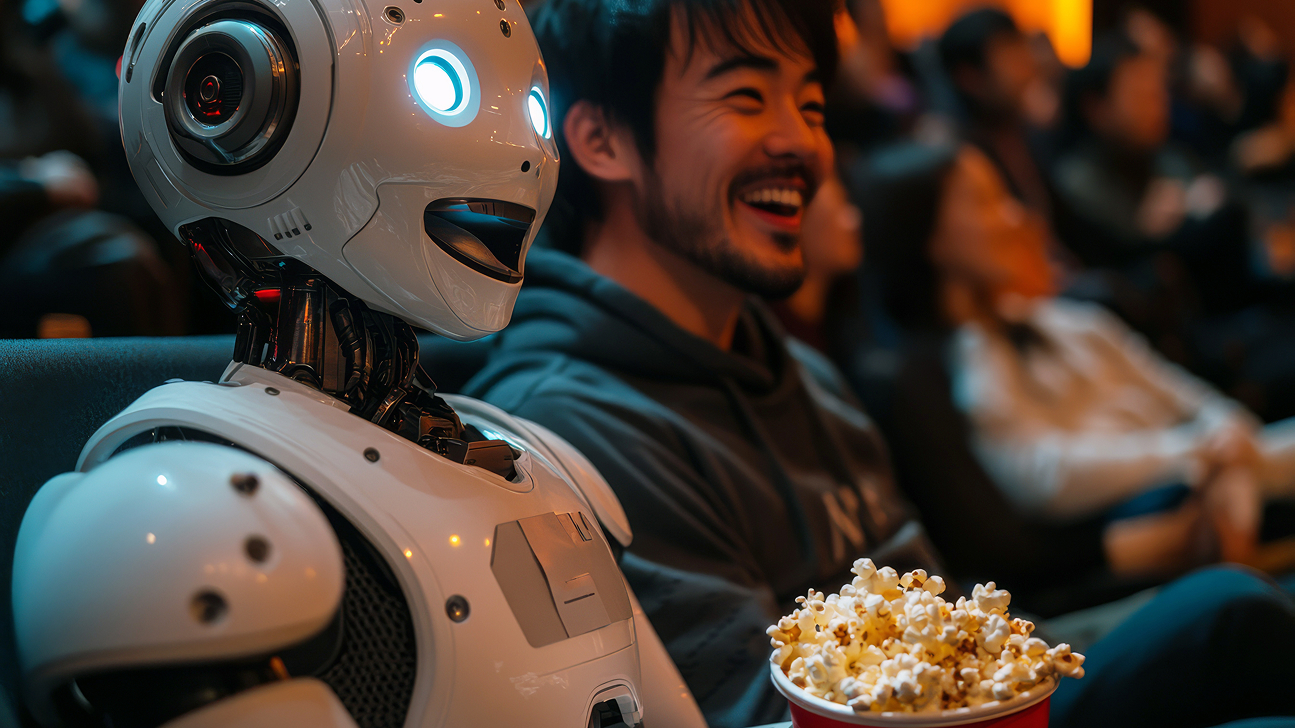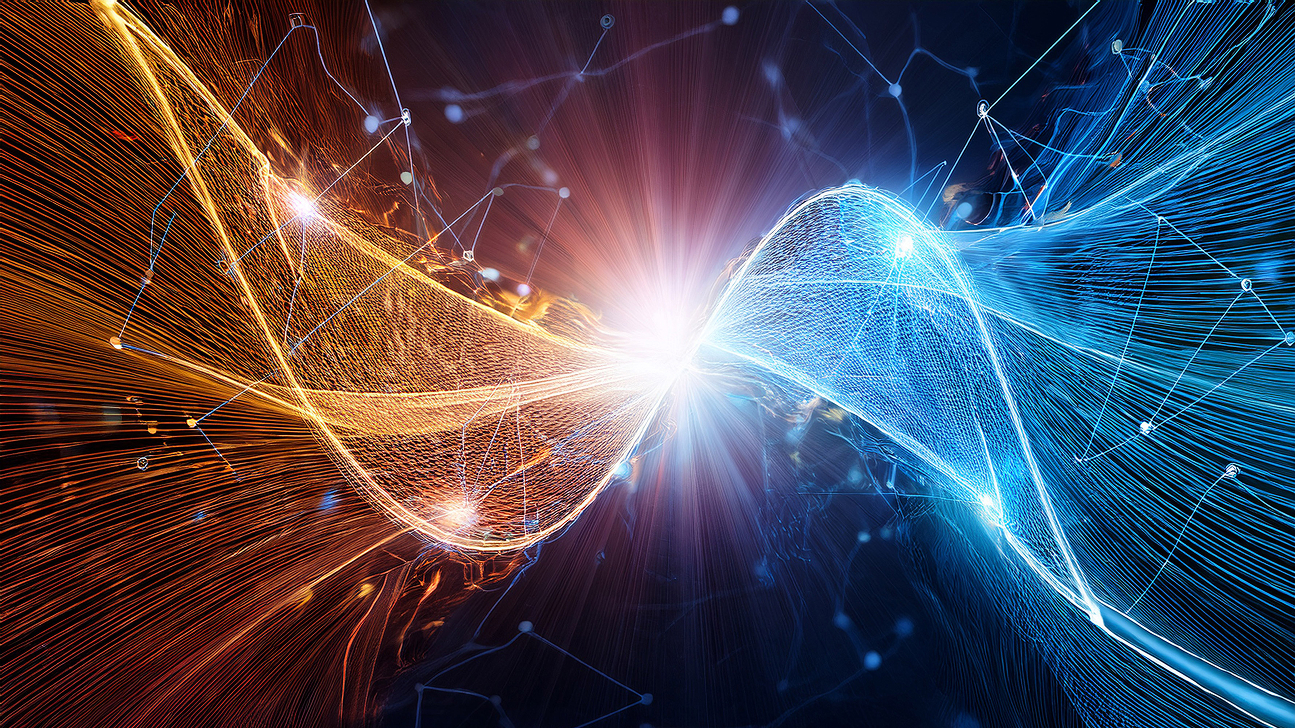Exciting year ahead for Zhang in Abu Dhabi
Monday, January 03, 2022

Dr. Kun Zhang is looking forward to 2022 and spending the year in Abu Dhabi as a Visiting Associate Professor in the Machine Learning Department at MBZUAI.“I am extremely excited to join such a young and niche AI learning and research institution,” Zhang said. “I believe the time is ripe to build an institution dedicated to AI in the UAE, given its resources and needs and its increasing importance. I also hope and believe the new paradigms of the institution will prepare it as a hub for AI talent all over the world.”
Originally from Hong Kong, China, Zhang resides in the United States where he is taking leave from his role as an associate professor at Carnegie Mellon University. His research interests lie in machine learning and artificial intelligence, especially in causal discovery and causality based learning.
Zhang develops methods for automated causal discovery or causal representation learning from various kinds of data; investigates learning problems including transfer learning, representation learning, and deep learning from a causal view; and studies the philosophical foundations of causation and various machine learning tasks. On the application side, he is interested in neuroscience, computer vision, computational finance, and climate analysis.
Why causal discovery or causality based learning?
“We often talk about ‘why’ in our everyday lives,” Zhang said. “Scientific discovery aims to understand why certain things happen and furthermore, how to create new things that meet our needs. Even kids have so many ‘why’ questions. I am interested in why we care about causality, how to learn causality from all kinds of data, and how to make use of causal thinking to advance machine learning and artificial intelligence.”
[wps_pull-out-quote-right content=”Machine learning should address real, important problems and make the world better in multiple ways.” surename=”Dr. Kun Zhang” source=”MBZUAI Visiting Associate Professor of Machine Learning “]”A traditional way to find causality is to make use of interventions or randomized experiments, which is usually expensive or even impossible. Causal discovery aims to find causal relations from purely experimental (non-experimental) data. With causal understanding, we can predict the effects of changes to the system and, more interestingly, answer counterfactual questions such as: What would have happened to me if I had chosen a different research direction? Moreover, advanced machine learning and artificial intelligence problems often involve changes in the distribution, and the causal perspective is essential for the purpose of understanding and utilizing the properties of such changes and finding optimal ways to make changes.”
Benefits to society
According to Towards Data Science, “causal discovery” aims to infer causal structure from data. In other words, given a dataset, derive a causal model that describes it. Zhang’s message to prospective students thinking of specializing in machine learning as field is to consider the “real” impact they can have on the future.
“Machine learning should address real, important problems and make the world better in multiple ways,” Zhang said.
“At a high level, AI systems are reshaping the world, which itself is a causal problem. To make differences that are beneficial to human society, we need to understand causal relations and make use of our causal understanding. Specifically, my students and I will continue working on learning causal representations and properly making use of them to achieve our goals.”
Related
The search for an antidote to Byzantine attacks
A new study from MBZUAI and other institutions tackles malicious and faulty updates in privacy-preserving machine learning.....
Read MoreAI and the silver screen: how cinema has imagined intelligent machines
Movies have given audiences countless visions of how artificial intelligence might affect our lives. Here are some.....
- cinema ,
- art ,
- fiction ,
- science fiction ,
- AI ,
- artificial intelligence ,
Mind meld: agentic communication through thoughts instead of words
A NeurIPS 2025 study by MBZUAI shows that tapping into agents’ internal structures dramatically improves multi-agent decision-making.
- machine learning ,
- neurips ,
- agents ,


